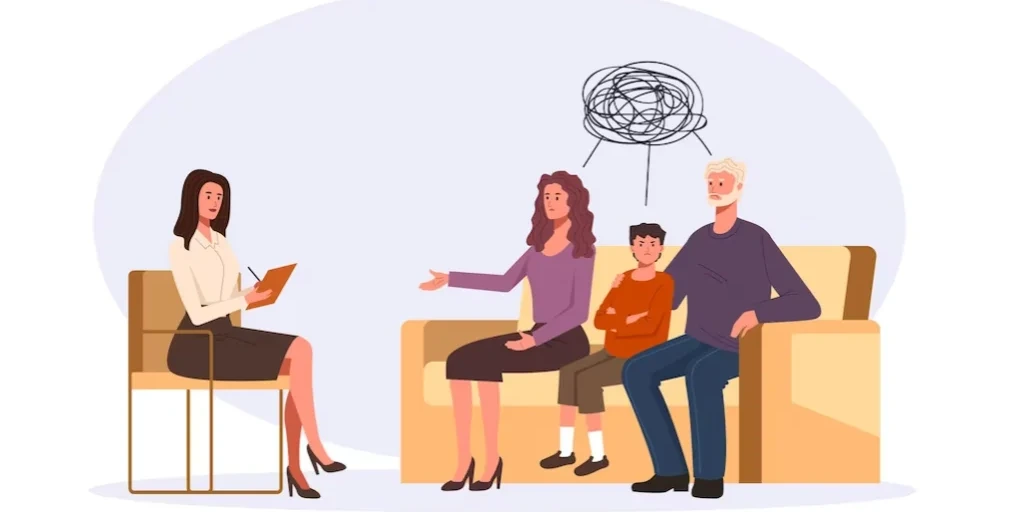24/7 Helpline:
(866) 899-221924/7 Helpline:
(866) 899-2219
Learn more about Outpatient Rehab centers in Valley Village
Outpatient Rehab in Other Cities

Other Insurance Options

Cigna

AllWell

Lucent

Meritain

Amerigroup

Molina Healthcare

Humana

CareSource

Group Health Incorporated

Covered California

WellCare Health Plans

Horizon Healthcare Service

Aetna

Private insurance

CareFirst

United Health Care

Absolute Total Care

Multiplan

MHNNet Behavioral Health
Beacon

Studio 12 Private Alcohol and Drug Treament Program – Detox
Studio 12 Private Alcohol and Drug Treament Program – Detox is a private rehab located in Valley Vil...

Recovery Guild
Recovery Guild is a private rehab located in Valley Village, California. Recovery Guild specializes ...

























